Why Is Your Cat Losing Its Whiskers? (Should You Worry?)
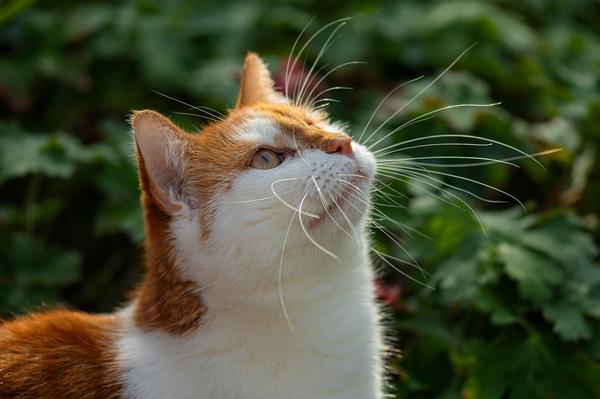
Ever stared at your cat, fixated on those adorable whiskers, only to notice that they're disappearing one by one?
I know what you're thinking 🤔:
"Oh no! What's happening to my furry friend? Is she sick? Am I a terrible cat parent?"
Well, take a deep breath and don't panic.
Losing whiskers might not be the worst thing in the world, but it's certainly cause for concern.
So let's unravel this hairy mystery together, shall we?
Let's find out why your cat might be losing her whiskers and put your mind at ease.
What Are Whiskers and What Function Do They Serve?
Whiskers are specialized, nerve-packed hairs on a cat's face. They serve multiple functions, including helping cats navigate in low light, detecting vibrations, conveying emotions to other cats and humans, and protecting the eyes. They are invaluable tools for a cat's survival and well-being.
Let's talk about your cat's mysterious disappearing whiskers.
You know those thin, hair-like antennas on their face?
Yeah, those are called whiskers.
They're not just any ordinary hairs. They're unique - thicker, stiffer, and longer than the rest.
And get this - they're actually nerve-packed superheroes!
It's mind-blowing how sensitive these tiny things can be.
They pick up on the slightest touch or change in the air, like a superpower.
Why should you care?
Because whiskers are crucial for your cat's survival skills.
These little miracle detectors help them navigate their surroundings, especially in low light.
Imagine having night vision goggles right there on your kitty's face!
But wait, there’s more!
Whiskers can feel vibrations around them like an earthquake tracker.
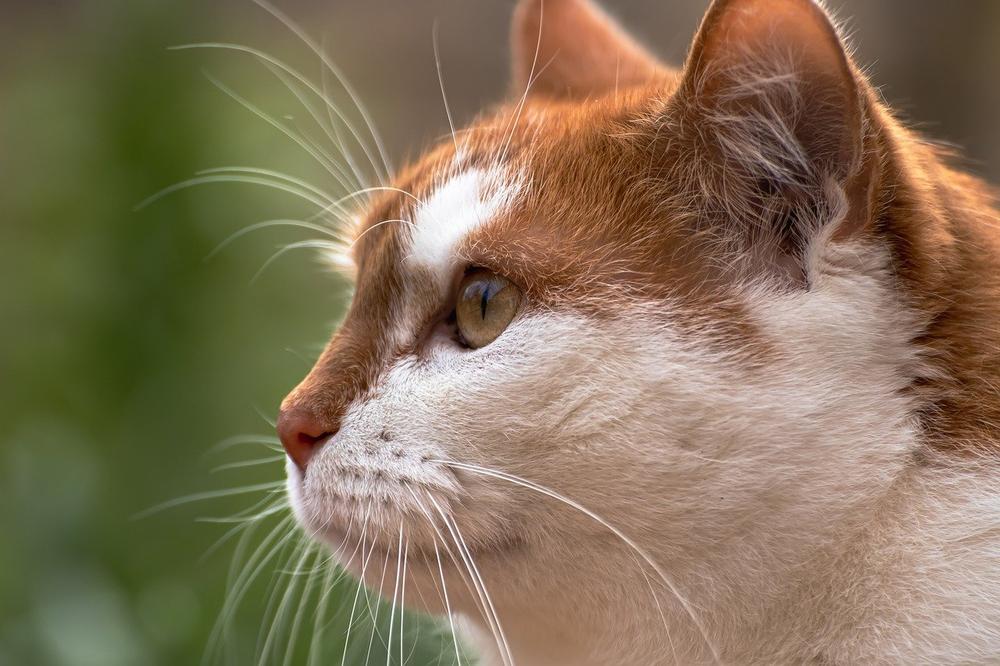
Your cat can sense their world without even using their eyes.
Impressive, huh?
There's even a fun fact: whiskers tell cats if they can squeeze through tight spots.
When you see your cat effortlessly slipping through small spaces, give their whiskers a high-five.
Not only do they detect objects and help with movement, but they also play a role in communication.
Those expressive whiskers convey feelings of happiness or fear to other cats and guess what - even to us humans.
It's like whiskers have their own secret language.
Plus, they double as shields, protecting your cat's beautiful eyes from harm.
Think of them as stylish sunglasses, always looking out for your feline friend.
So, when you notice those whiskers vanishing, it's worth investigating.
Cherish those whiskers like precious gems because they truly are priceless.
And guess what? I have just the answer for you! If you're curious about the possible reasons behind your cat's dry nose and want some helpful guidance, I highly recommend checking out my article on Why Does My Cat Have a Dry Nose.
Discover the causes and find valuable tips to alleviate this issue.
Don't worry, I've got you covered!
The Natural Shedding Process of Whiskers
Cats possess whiskers, and these whiskers undergo a life cycle.
In a cat's regular hair growth process, they discard old and damaged whiskers.
It's akin to shedding weak links on a chain.
Whiskers fulfill vital roles for cats by assisting them in precise navigation and acting as feelers to detect nearby objects.
So, if one whisker falls, there's no need to fret because it will regrow naturally.
Similar to how new fur replaces the old, new whiskers emerge after bidding farewell to the previous ones.
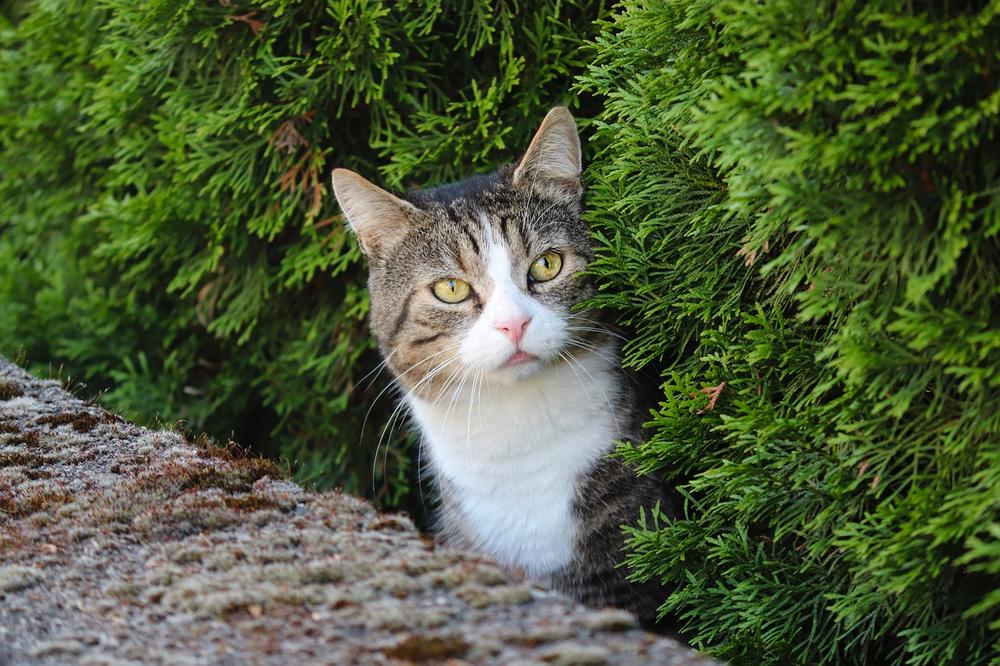
Whiskers are shed every few months without being restricted by seasons.
Such shedding is absolutely normal.
Think of it as losing some strands of hair and growing new ones in their place; the same applies to whiskers.
Therefore, should you come across an occasional abandoned whisker, don't panic.
View it as a small memento from your cat's own whisker renovation project.
Their whiskers deserve proper care, so make sure to provide them with suitable nourishment and a stress-free environment.
It's all part of being a good cat parent, isn't it?
Medical Conditions That Can Cause Whisker Loss
When it comes to cats losing their whiskers, there are a few different medical reasons why this might happen.
Let's take a closer look:
- Allergies: If your cat has allergies, they can get really itchy on their face, which could cause their whiskers to break or become blunt.
- Feline Acne: This condition is all about excess production of keratine and sebum, leading to blocked glands and blackheads on the chin and lips.
- Infections: Just like with feline acne, infections can make your cat lose not just their whiskers but also some of their fur too. Look out for symptoms like oozing, crusts, flakes, and inflammation.
- Bacterial and Fungal Infections: There are certain types of infections, such as ringworm, that can result in whisker loss.
- Acne Spread: If the acne on your cat's chin gets worse, it can spread to the area where their whiskers are, making them fall out quicker.
- Trauma or Physical Damage: Any sort of injury or damage to your cat's whiskers can make them lose their whiskers.
- Veterinary Attention: If you notice any problems with your cat's whiskers, it's really important to go see a vet who can help manage and treat the issue.
Knowing about these different medical conditions that can cause whisker loss will help you figure out if there's anything going on with your cat and what you can do about it.
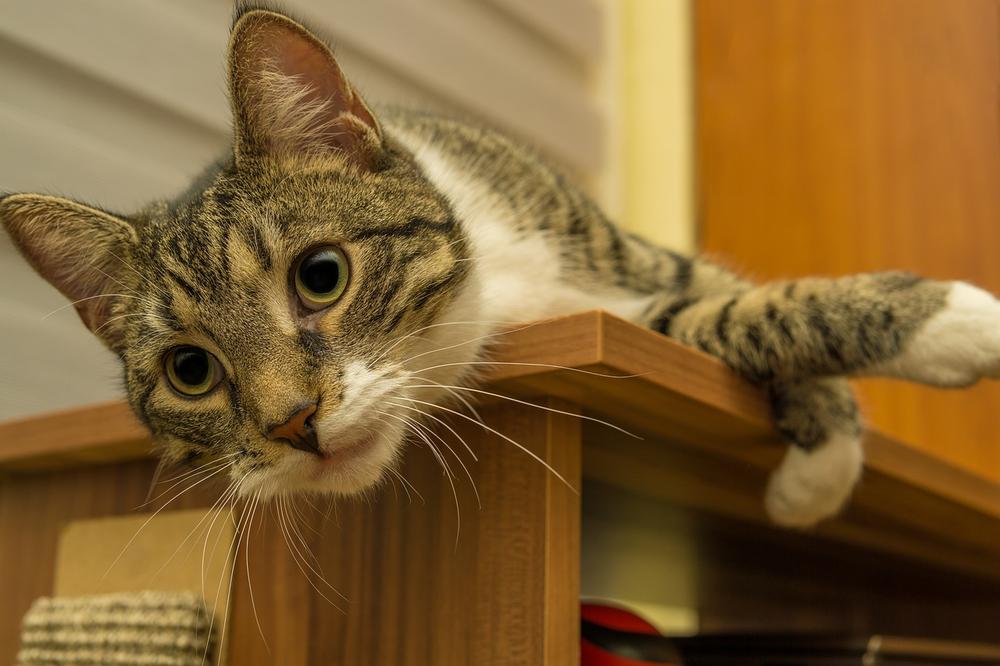
And it gets worse...
Losing many whiskers can lead to balance issues, difficulty recognizing intruders, and increased risk of eye injuries.
But what about the emotional toll?
Let's explore how losing their whiskers can impact your cat's all in all well-being in the following section...
When Whisker Loss Might Be a Concern
If your cat loses its whiskers, there are 10 signs you should look out for:
- Your cat is shedding whiskers like crazy.
- Whisker loss happens suddenly and the amount lost is noticeable.
- Over time, your cat's shedding of whiskers increases.
- Whiskers start turning up in weird places, like on furniture or anywhere other than your cat's face.
- There are sores or scabs near your cat's whiskers.
- Your cat starts losing hair around its whiskers.
- Your cat has trouble keeping its balance or keeps stumbling.
- Your cat can't recognize familiar faces or intruders as easily.
- The risk of eye injuries increases for your cat.
- Your cat seems consistently uncomfortable or irritated.
If you notice any of these signs, you ought to make an appointment with your veterinarian.
Getting an early diagnosis and starting treatment can keep your cat healthy and prevent any further problems.
Don't brush off whisker loss—your furry friend's well-being is at stake!
And now, I would like to share some simple steps that you can take to promote healthy whisker growth and prevent feline acne.
By focusing on proper nutrition and making small changes in your cat's environment, you can help ensure their well-being and keep those precious whiskers intact!
How to Care for a Cat with Whisker Loss
You need to feed your cat a proper diet for healthy whiskers and a shiny coat.
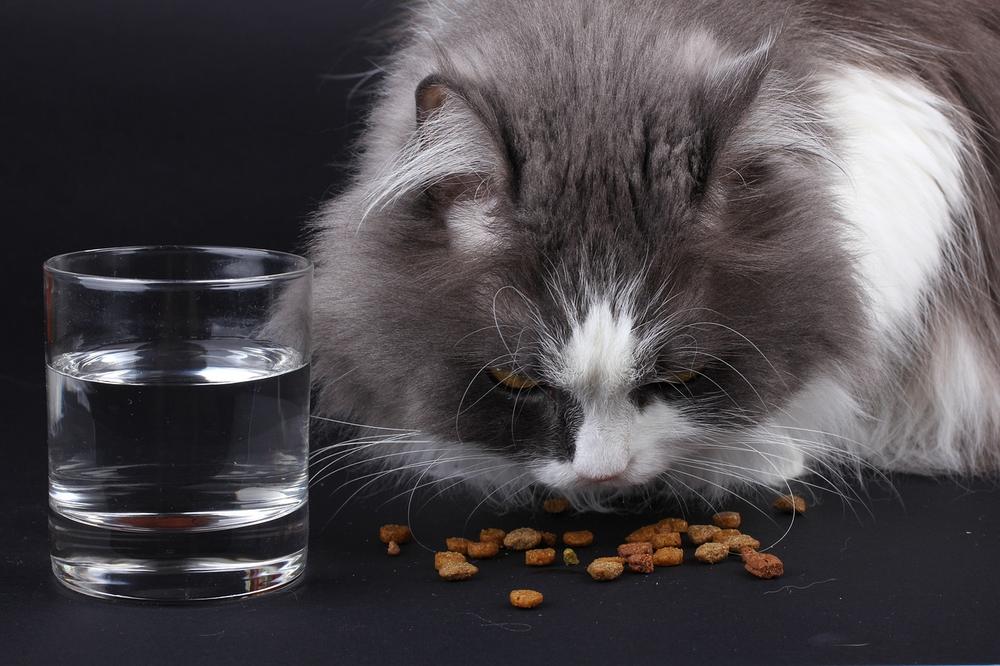
Omega-3 fatty acids are essential for their growth. Don't use plastic bowls for your cat's food and water, as they can lead to feline acne. Metal or ceramic bowls are better choices. Remember to keep these bowls squeaky clean, and be careful not to touch your cat's prized whiskers when giving them a loving stroke.
This will help maintain a lustrous coat and prevent annoying acne.
So take care of their dinnerware, and preserve your feline friend's beauty.
The Importance of Whiskers for Cats
Summary Takeaways:
- Whiskers are thicker, stiffer, and longer hairs that serve multiple purposes in a cat's biology.
- Whiskers naturally go through a growth, dormancy, and shedding cycle.
- Shedding whiskers is a normal part of a cat's regular hair growth cycle.
- Whisker loss can be caused by medical conditions such as allergies, infections, and trauma.
- Excessive whisker loss should be checked by a vet as it may indicate an underlying issue.
- Plastic bowls can cause feline acne, so it's recommended to switch to metal or ceramic bowls.
- Be gentle near your cat's face and avoid touching their whiskers when petting them.
And that wraps up today's article.
If you wish to read more of my useful articles, I recommend you check out some of these: Why Wont My Cat Drink Water From Her Bowl, Why Do Cat Noses Change Color, Why Is My Cats Nose Crusty and Black, Why Is There a Black Spot on My Cats Nose, and Why Is My Cats Nose Cold
Talk soon,
-Sarah Davis